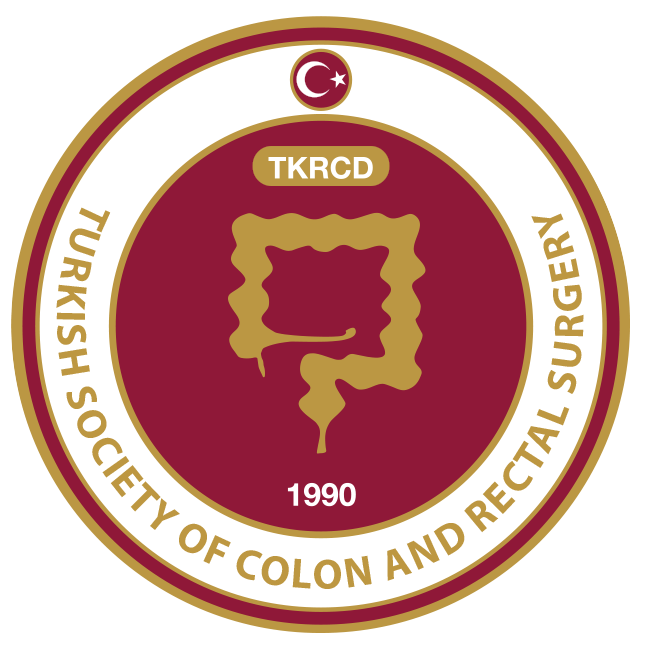ABSTRACT
OBJECTIVE:
The purpose of this study is to evaluate the causes of mortality in patients who underwent surgery due to acute mesenteric ischemia.
METHODS:
In our clinic the records of 123 patients were studied. The patients were evaluated according to their age, gender, etiology, preoperative examination findings, laboratory findings, duration of hospitalization, surgical procedures performed, and the causes of morbidity and mortality.
RESULTS:
57.7% of the patients died. The mortality rate in patients over 60 years of age was 70%. Superior mesenteric artery embolism was the leading cause that was responsible for ischemia. The mortality rate was higher in patients whose small intestine and colon were affected simultaneously. The mortality rate for patients who underwent bowel resection with 200 cm and above was 77.5%. The ileocecal valve was preserved in 54 patients. All of the patients who had a second observation and cases with perforation died. The most frequent morbidity was the short bowel syndrome.
CONCLUSION:
Old age, the existence of multiple co-morbidities, diagnosis delayed more than 24 hours, the fact that the small bowel and the colon are affected simultaneously, and short bowel syndrome caused by wide resection including the ileocecal valve have a mortal progress. It is not possible to argue that the second observation has any use.



